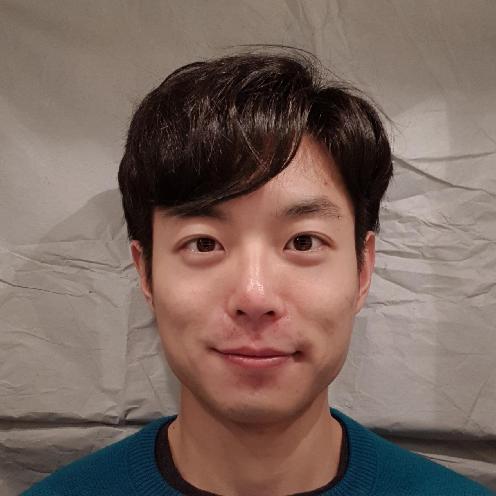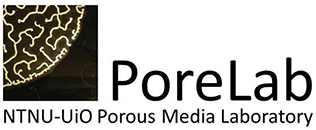
Seunghan Song has submitted the following academic thesis as part of the doctoral work at the Norwegian University of Science and Technology (NTNU):
“Thermal processing of semiconductor alloy core glass fibers”
Assessment Committee
The Faculty of Natural Sciences has appointed the following Assessment Committee to assess the thesis:
1st opponent:
Assistant Prof. Donguk Nam, School of EEE, Nanyang Technological University, Singapore
2nd opponent:
Professor Laeticia Petit, University of Tampere, Finland
3rd opponent:
Professor Patrick Espy, Department of Physics, NTNU
Professor Espy has been appointed Administrator of the Committee. The Committee recommends that the thesis is worthy of being publicly defended for the PhD degree.
Supervisors
The doctoral work has been carried out at the Department of Physics, where Professor Ursula Gibson has been the candidate’s supervisor. Professor Alex Hansen and Professor Signe Kjelstrup have been the candidate’s co-supervisors.
Public trial lecture:
Time: 9 December at 08:15
Zoom link: https://NTNU.zoom.us/j/94746933513?pwd=aWtsVHN2UW9xZTUzTThqUVFHZ3NGUT09
Meeting ID: 947 4693 3513
Passcode: 318979
Prescribed subject: “The physics of crystallization”
Public defence of the thesis:
Time: 9 December at 11:15
Zoom link: https://NTNU.zoom.us/j/94746933513?pwd=aWtsVHN2UW9xZTUzTThqUVFHZ3NGUT09
Meeting ID: 947 4693 3513
Passcode: 318979
Summary of thesis:
Thermal Processing on Semiconductor Alloy Core Glass Fibers
Summary of thesis
Semiconductor core glass-clad fibers are of great interest as optical and optoelectronic platforms for their high transparency in infrared and the potential control of their electrical properties by doping or strain engineering. Various devices like infrared optical fibers, solar cells, light detectors, and an optical modulator have been demonstrated using semiconductor core glass fibers. To date, semiconductor core glass fiber has been focused on elemental material systems such as silicon or germanium. In this study, the complexity of material systems for semiconductor core fibers was increased to incorporate eutectic alloy systems.
In this thesis, semiconductor alloy core glass fibers were fabricated using molten core drawing (MCD) technique. Eutectic alloy systems such as silicon-gold (Si0.9Au0.1) and silicon-gallium antimonide (Si0.94GaSb0.06) were chosen for the fiber core materials. Purification and recrystallization of Si were achieved in the alloy core fibers using thermal processing. Furthermore, we have shown possibilities of controlling structures of segregated GaSb and Au in the alloy core fibers using laser-driven thermal processing.
During the laser-driven thermal processing on inhomogeneous alloy core fibers, liquid droplet flows through solid along a temperature gradient were observed. In silicon-gold alloy core glass fiber, migration rates of silicon-gold liquid droplets were increased over 300 µm/s under a temperature gradient of 5·103K/cm near the melting temperature of silicon. We successfully explained such high migration rates of liquid alloy using a diffusion control model that has previously only been validated with temperature gradients below 120 K/cm.
Thermal processing of eutectic alloy systems opens up the possibility of scalable single recrystallization of fiber core materials and of adding greater functionality to semiconductor core glass fiber for optoelectronic applications. The study on the rapid liquid migration through solid can also be helpful to predict the engineering condition for the thermal processing of alloy materials. The laser-driven thermal processing we performed for the fibers can be extended to two-dimensional materials, which are the core of modern semiconductor fabrication technology.
